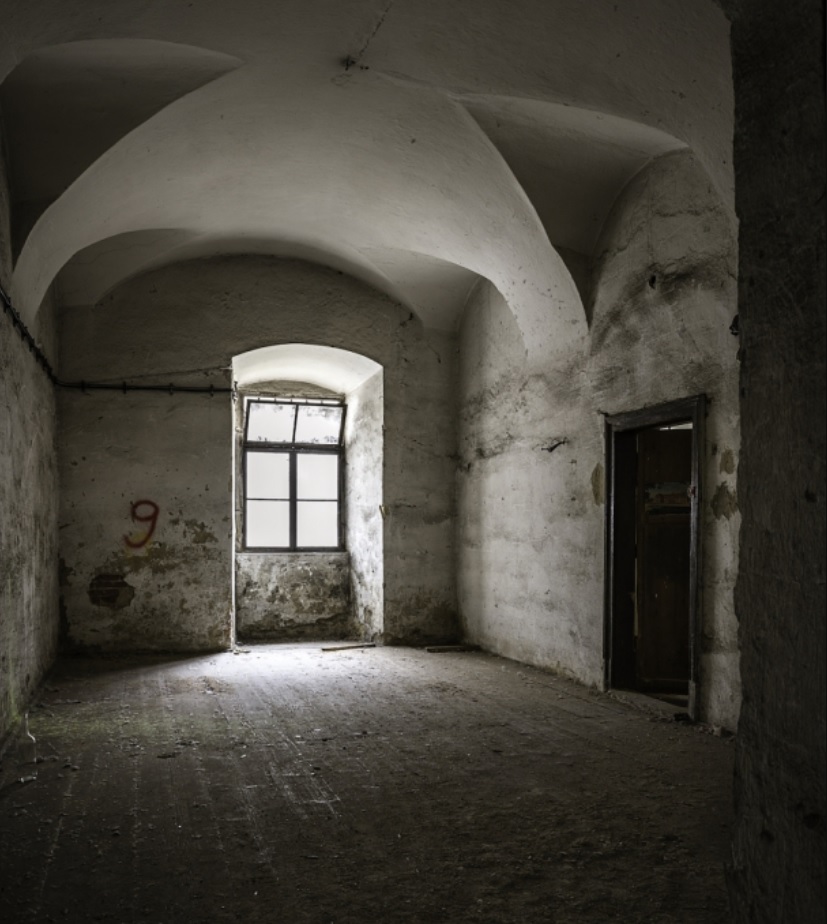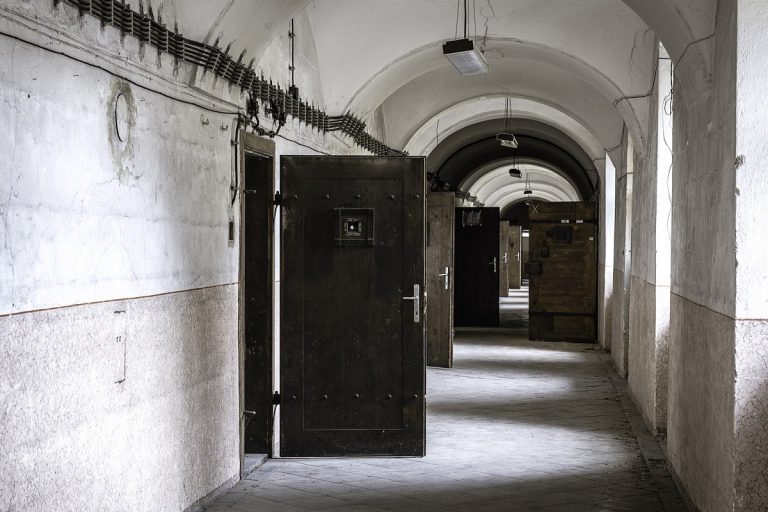The Old City Prison on Cejl bore witness to many of the most turbulent moments in Brno’s history. Post Bellum, a non-profit organisation, will preserve the unique cultural heritage of the former prison by digitally preserving the original inscriptions on the walls of its cells. Photo: Old City Prison in Cejl (Bývalá Káznice na Cejlu). Credit: Marek Rakovský / TIC Brno.
Czech Rep. Nov 15 (BD) – Between Soudní and Cejl stands Brno’s Old City Prison (Bývalá Káznice na Cejlu). Not as well-known as the prison in Špilberk Castle, it could easily go unnoticed to less observant passers-by. However, going back to 1784, the prison’s walls have borne witness to many of the most turbulent moments in Brno’s history. Now, Post Bellum has drawn up a plan to keep its memories alive.
To preserve the unique cultural heritage of the former prison, the non-profit organisation will focus on the digital preservation of the original inscriptions on the walls of the cells, which are at risk of being erased soon as the building deteriorates. The City Council has contributed CZK 242,000 so that digital documentation and historical research about the area can be carried out.
“The Brno Prison is a place where history was written, not only of the city of Brno, but above all the history of those people who were often wrongfully imprisoned here. It was those people that preserved a memento in the form of inscriptions on the walls of individual cells, and these should be recorded for future generations,” explained the Mayor of Brno, Markéta Vaňková.

The scanned inscriptions will then be presented in a forthcoming permanent exhibition at the Institute of the Memory of the Nation. It will be possible to visit “virtual cells”, digital reconstructions of the originals, where the experiences of the prisoners will be preserved, and accessible to anyone who wants to understand their experience.
The prison’s walls are a testament to the city’s history during the Nazi occupation, under the Protectorate of Bohemia and Moravia. After 1948, the prison continued to house numerous political prisoners until 1956. Some of the Czech Republic’s most notable intellectuals were imprisoned there; both Petr Bezruč and Zdeněk Rotrekl knew its cells.
Today, TIC Brno leads regular guided tours, and the prison has gained a new lease of life thanks to the project The Prison Lives, as well as being available to rent for cultural events.







